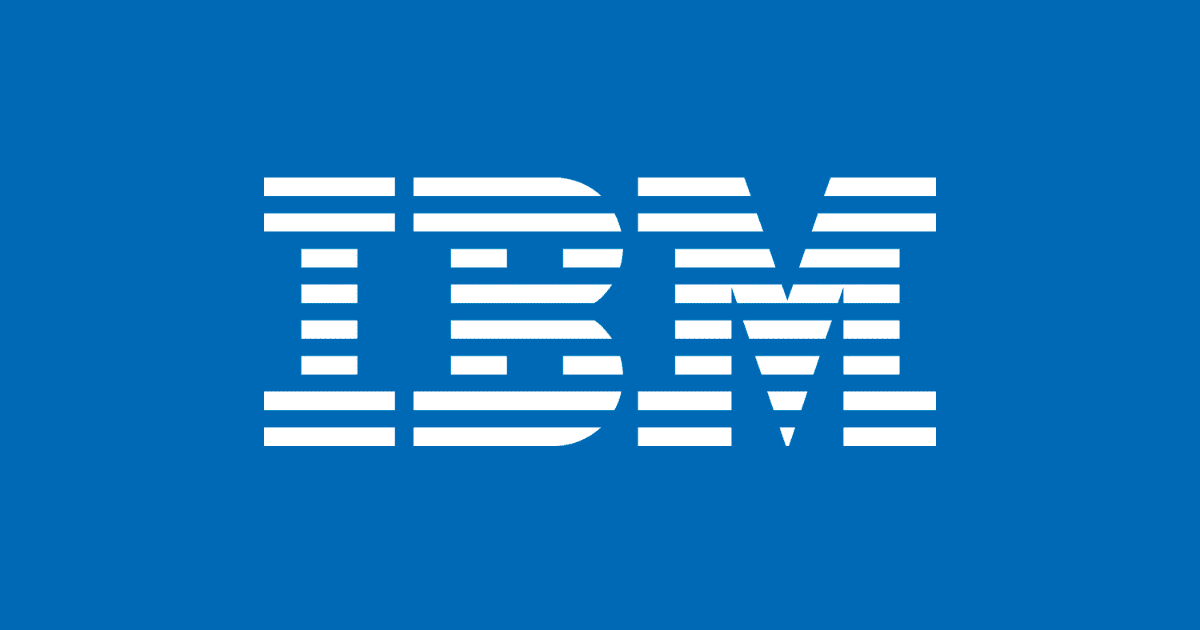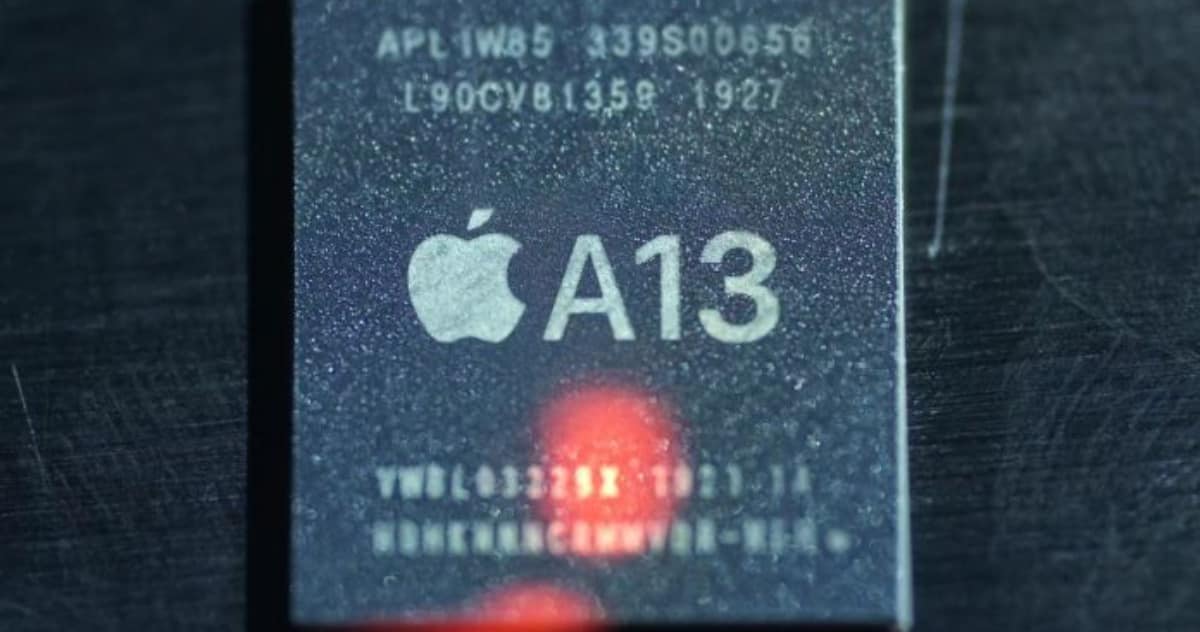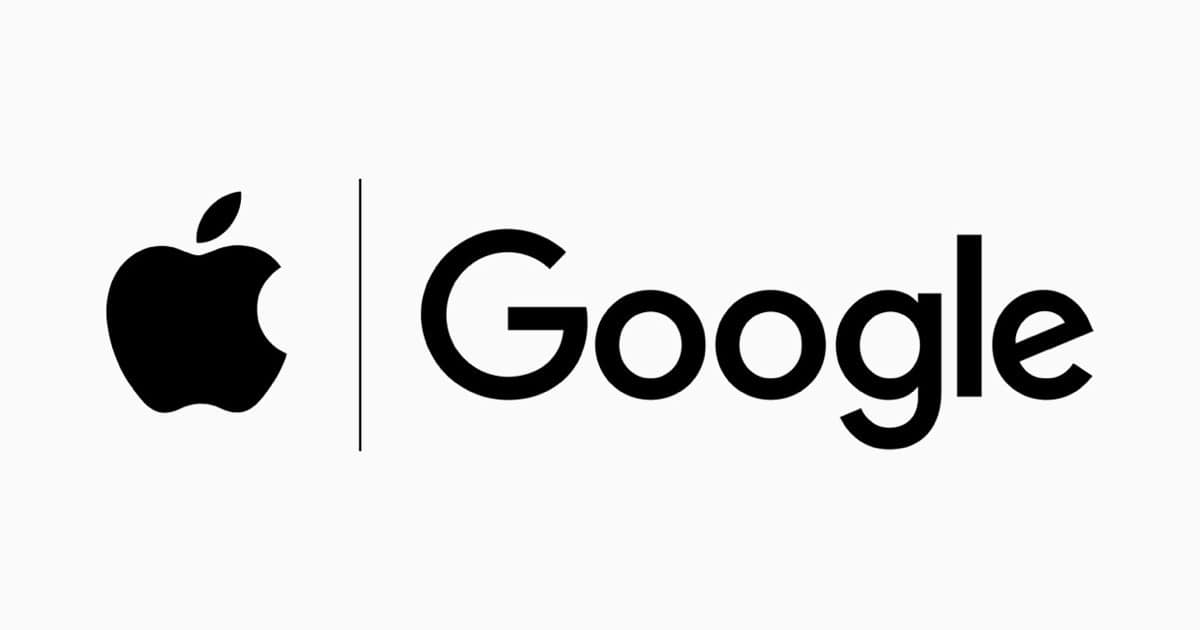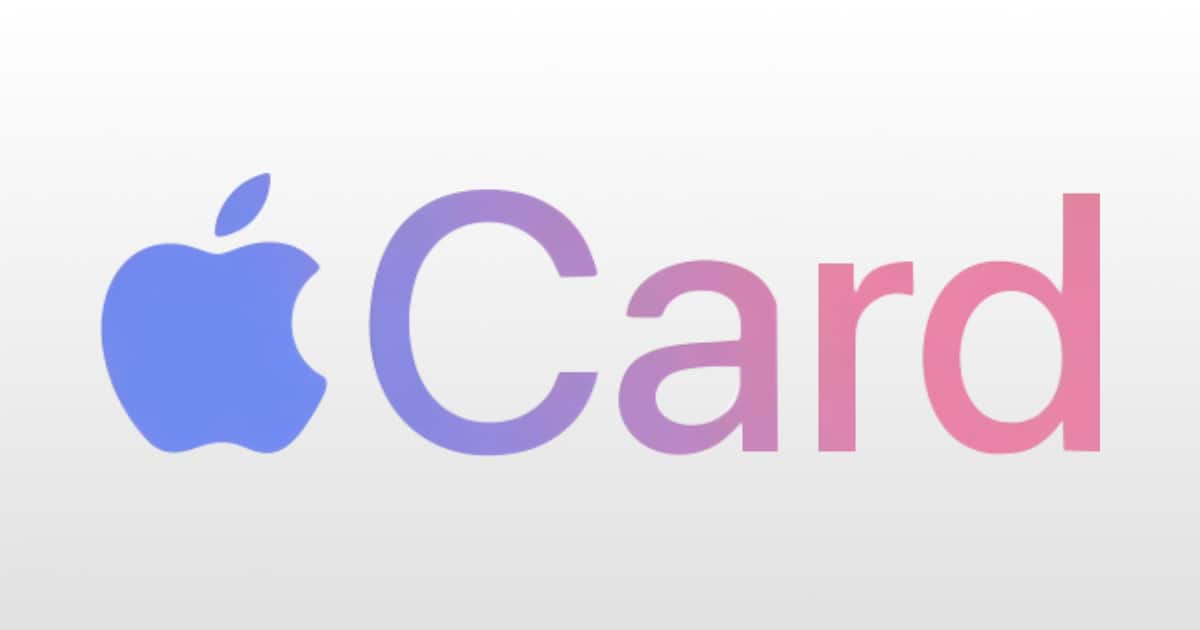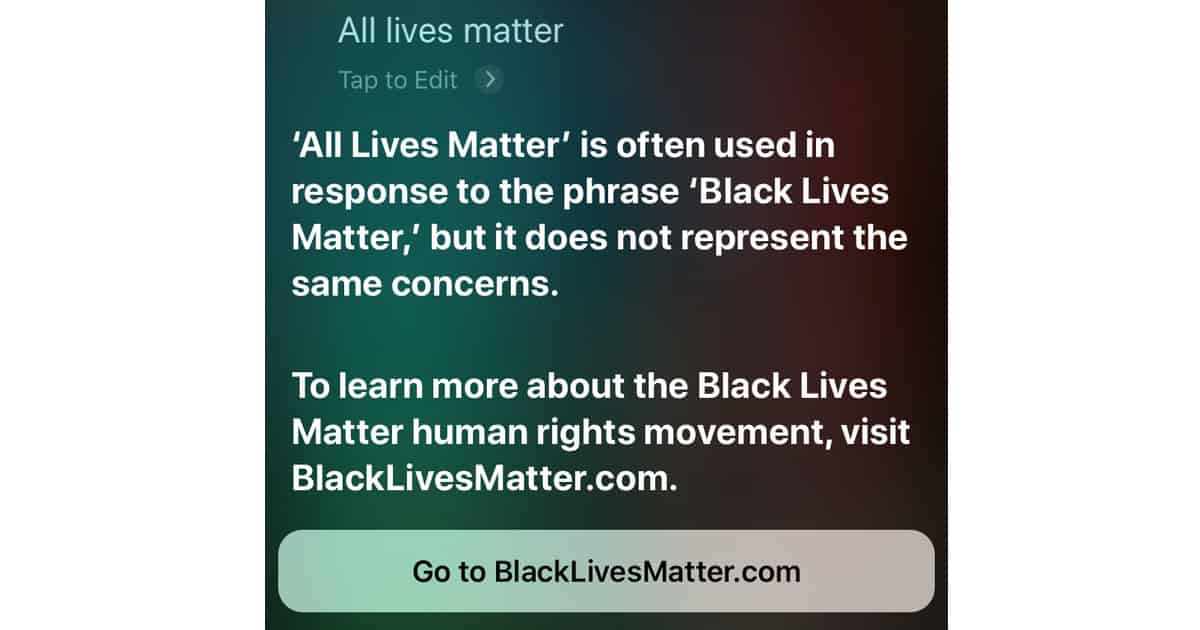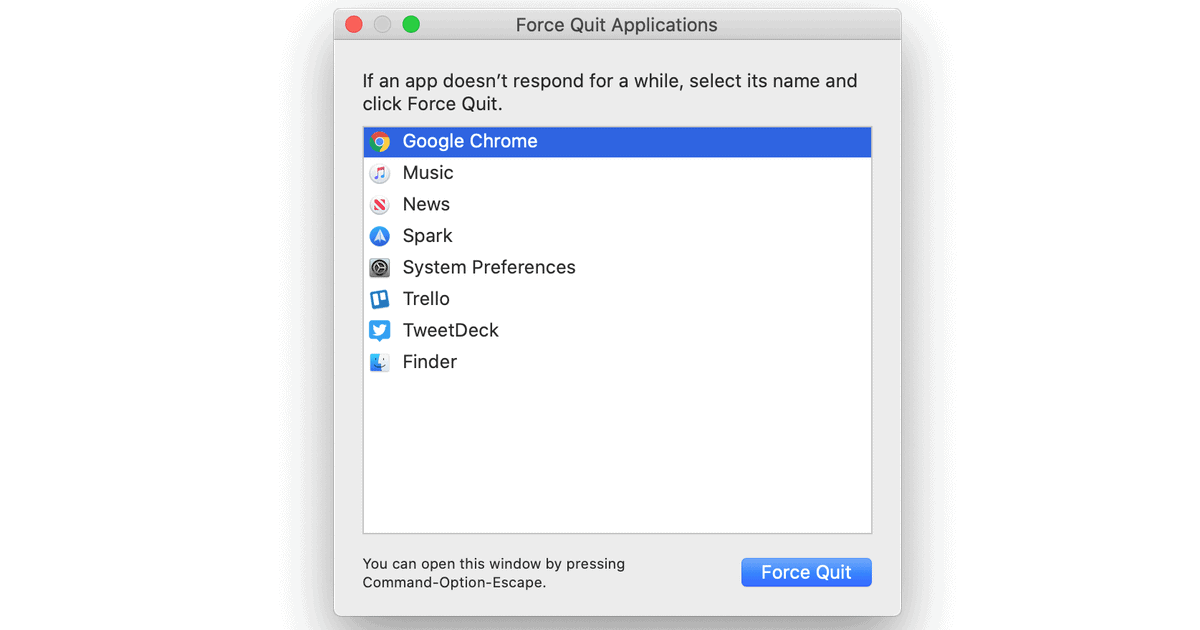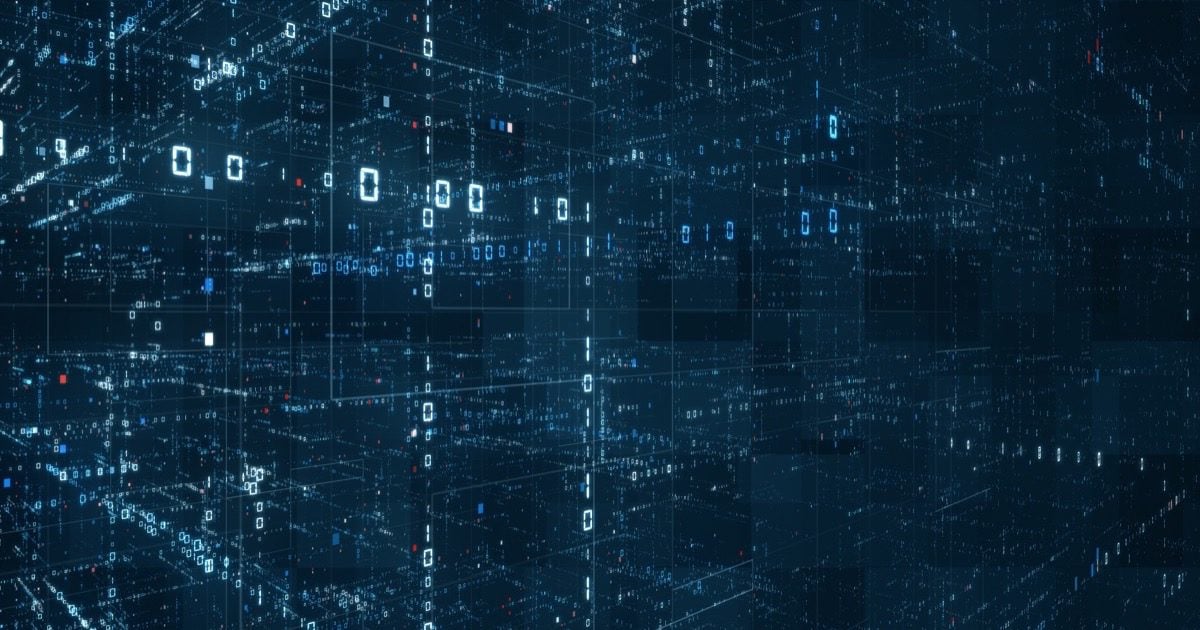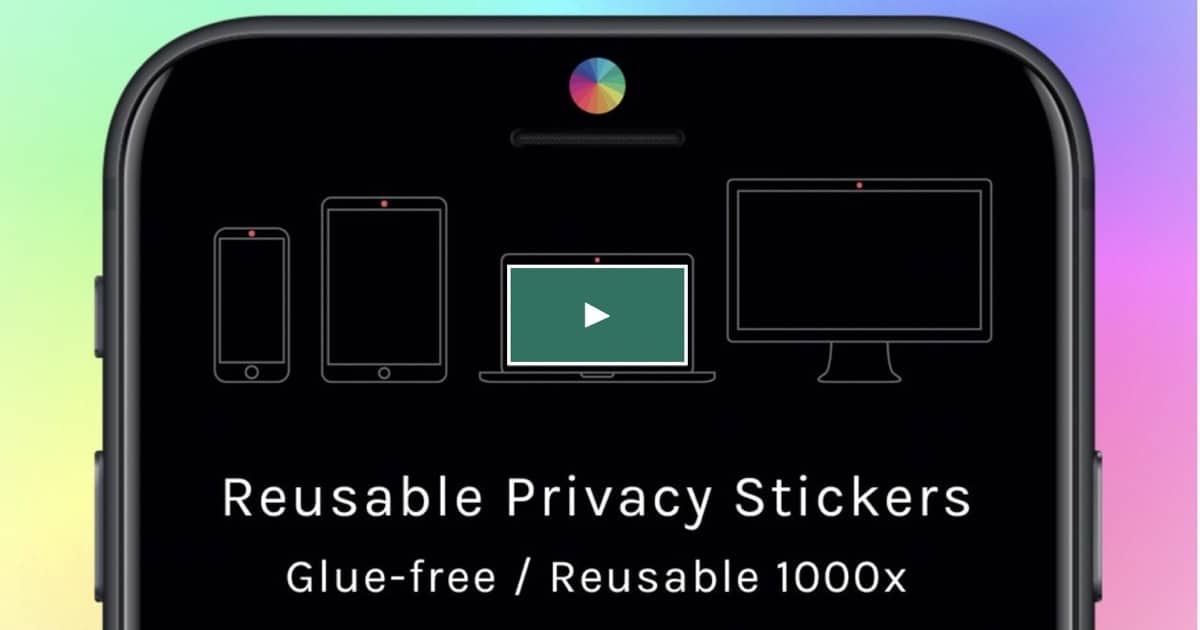Apple has a new webpage dedicated to the integration between the iPhone and Apple Watch, showing off features they offer for customers.
IBM to Stop Making and Selling Facial Recognition Software in Wake of Black Lives Matter Protests
IBM announced it will no longer develop or sell facial recognition software in the wake of the Black Lives Matter protests, Computing reported. Big Blue revealed the decision in a letter to members of Congress on Tuesday.
In a letter to the members of the US Congress, IBM CEO Arvind Krishna said that the company would no longer sell general purpose facial recognition software and would also oppose use of such technology for racial profiling, mass surveillance, violations of basic human rights or any purpose “which is not consistent with our values and principles of trust and transparency”. IBM’s decision to quit the facial recognition services has come at the time when US faces countrywide demonstrations over the tragic death of George Floyd, a black man, while in police custody in Minneapolis.
WWDC 2020: Apple to Confirm Macs Powered by ARM-Based Chips
Apple will announce Macs are shifting from Intel chips to its own, Arm-based, processors at WWDC 2020 later this month.
Apple Industry Analyst Rene Ritchie - TMO BGM Interview
Rene Ritchie has been covering personal technology for over a decade. He currently hosts his own YouTube channel where he provides news analysis and insight on Apple and related technologies and culture. He also co-hosts MacBreak Weekly on the TWiT network and writes a column every Monday for iMore. He is the former Editor-in-Chief of iMore.
Rene and I discussed an incredible range of Apple topics: the MBP’s awful 720p FaceTime camera, the aging iMac design, the future of iMac Pro, the Butterfly keyboard, Rene’s enthusiasm for Apple and the trustworthiness of the company. I also got to know Rene better as we chatted about growing up with Macs, his love of Apple Watch bands, Pokémon and years of studying martial arts. Rene finished with several tips for video podcasters.
Apple Releases Summer iPhone Cases and Apple Watch Bands
Apple has released summer iPhone cases and Apple Watch Sport bands: Vitamin C, Coastal Gray, Seafoam, and Linen Blue.
Swiss Parliament Approves Coronavirus Contact Tracing App Rollout
The Swiss coronavirus contact tracing app looks set to be released later this month after the country’s Parliament gave its approval Monday. SwissCovid is based on the Apple/Google framework.
The SwissCovid app, whose use is voluntary, uses Bluetooth short-range radio and technology from Apple and Google to detect when a user has spent time close to another app user. It stores the data on the user’s mobile phone for 21 days, allowing notification of close encounters with infected people. Around 30% of smartphones in Europe run on Apple’s iOS operating system, with nearly all of the rest using Google’s Android. Together they host 99% of the world’s smartphones.
Launching Xbox Series X During a Pandemic
The Xbox Series X is on its way and we were meant to be hearing the hype at E3 this week. But, like Apple, Microsoft has not let the coronavirus pandemic deter it from releasing new products, and Xbox chief Phil Spencer spoke to BBC News about unveiling it at this time.
You can buy a console, buy some games, and it can literally provide your family with hundreds of hours of entertainment. Even when we went back and looked at 2008-09, in that recession, to see what the impact was on gaming – gaming did OK. It was durable. We want to make sure we’re providing the right value to customers. Price is going to be important. But our strategy is centred around the player, not the device.
Stay Productive With These 4 Plain Text Editors on iOS
With these four plain text editors on iOS and iPadOS, you can create documents using a universal format that virtually all systems support.
Apple Watch ECG Function Looks to be Heading to Brazil and Japan
The Apple Watch ECG features looks set to become available to users in Japan and Brazil in the not-too-distant near future.
Humans vs Robots, iOS 14 – TMO Daily Observations 2020-06-08
John Martellaro and Charlotte Henry join host Kelly Guimont to discuss humans beating robots at manufacturing, and a peek at iOS 14.
Apple to Allow Monthly Payments For Devices Using Apple Card
Apple preparing to allow customers to purchase devices like iPads and then pay for them on a monthly basis via Apple Card.
2020 Limited Edition Mac Bundle with 11 Productivity Apps is Back: $59.99
The 2020 Limited Edition Mac Bundle is back. This bundle has 11 Mac apps, including Parallels, iMazing, and TextExpander. You’ll also find PDF Expert, Windscribe VPN Pro, RapidWeaver 8, Disk Drill Pro, Aurora HDR, and more. The 2020 Limited Edition Mac Bundle is $59.99 through our deal.
Siri and Google Seek to Address ‘All Lives Matter’ Queries
Both Google and Apple have updated voice results responding to queries around the phrase “all lives matter.” The Google Assistant provides a better answer, reported 9to5Mac, but Siri does still point users to the Black Lives Matter website.
Siri’s response is accurate, but Google provides a far better explanation of why ‘all lives matter’ is tone-deaf. Siri does, though, go on to point people to blacklivesmatter.com. ‘All lives matter’ is a response often given by overt racists, but is also used by some who simply fail to understand that there are issues which affect black people more than others. There have been many attempts to reach the latter through tweets, essays, Reddit posts, videos, and cartoons. A few of these can be found below.
The Great Backup Debate — Mac Geek Gab 818
Do you backup or clone? Which is more important? What do you do first? Ok, let’s battle. Well, not really.
Lots of Cool Stuff Found in this episode, including a way to turn your iPhone into a webcam for your Mac. Internet upgrade options are popular among the questions that came in this week, so your two favorite geeks have answers.
Listen along with John and Dave as they share, answer, postulate, and everyone learns (at least!) five new things.
How to Force Quit on a Mac Running macOS Catalina
There are though three ways to Force Quit on a Mac if an application you are using stops working and becomes non-responsive.
IBM Releases Homomorphic Encryption Toolkit for iOS, macOS
IBM has released a toolkit for iOS and macOS to help developers to easily add homomorphic encryption into their programs.
While the technology holds great potential, it does require a significant shift in the security paradigm. Typically, inside the business logic of an application, data remains decrypted, Bergamaschi explained. But with the implementation of FHE, that’s no longer the case — meaning some functions and operations will change.
In other words, “There will be a need to rewrite parts of the business logic,” Bergamaschi said. “But the security that you gain with that, where the data is encrypted all the time, is very high.”
If you haven’t added homomorphic encryption to your technology watch list, be sure to do so. As I wrote in the past, this type of encryption lets a company perform computations on data while still keeping that data encrypted.
UK Government Releases NHS COVID Contracts With Private Companies
Faced with pressure, the UK government has released its contracts with Amazon, Google, Microsoft, Faculty, Palantir, and others.
The contracts show that companies involved in the NHS datastore project, including Faculty and Palantir, were originally granted intellectual property rights (including the creation of databases), and were allowed to train their models and profit off their unprecedented access to NHS data.
The REAL reason why they wanted to avoid Apple and Google’s privacy solution.
Apple Streams ‘Just Mercy’ Film Starring Michael B. Jordan and Jamie Foxx
Apple is making “Just Mercy” available to stream free for customers. Based on a true story, it stars Michael B. Jordan and Jamie Foxx.
The Warner Bros. film is based on a true-story of a young lawyer who decides to use his Harvard law degree in Alabama to fight against racial inequality in the context of those wrongly convicted of crimes (free streaming for “Just Mercy” may just be in the US).
A good film recommendation for the weekend.
Brydge Pro+ Review: The New Keyboard and Trackpad Combo
How does the Brydge Pro+ trackpad hold up after the company released an app to update the firmware continually? Andrew finds out.
Security Friday: Wiping Devices, Password Project – TMO Daily Observations 2020-06-05
Andrew Orr joins host Kelly Guimont to discuss Security Friday news, how to wipe your devices, and Apple’s open source password project.
Alexis Ohanian Quits Reddit Board, Asks For Seat to be Filled by Black Candidate
Reddit co-founder Alexis Ohanian has resigned from the company’s board and asked for his seat to be filled by black candidate. In a blog post, Mr. Ohanian, who is married to tennis superstar Serena Williams, also said he would use any future gains from Reddit stock to serve black community and racial equality organizations.
I’m writing this as a father who needs to be able to answer his black daughter when she asks: “What did you do?” I have resigned as a member of the reddit board, I have urged them to fill my seat with a black candidate, and I will use future gains on my Reddit stock to serve the black community, chiefly to curb racial hate, and I’m starting with a pledge of $1M to Colin Kaepernick’s Know Your Rights Camp. I believe resignation can actually be an act of leadership from people in power right now. To everyone fighting to fix our broken nation: do not stop.
‘CamTag’ is a set of Reusable Privacy Camera Stickers
CamTag is a set of reusable privacy camera stickers for your devices. These stickers are a way to make sure that you aren’t being spied upon by malicious third parties. These stickers are glue-free so you can reuse them on your iPhone, iPad, and Macs. They come in different designs and you can customize it with your own design or branding. It’s a Kickstarter campaign and it’s been fully funded. Estimated delivery is October 2020. Pledge US$9 or more to get the first reward tier, which gives you 25 privacy stickers in 5 sizes.
How Apple Learned Humans Beat Automation
The Information has a great deep dive into how Apple learned that humans can actually surpass automation. There is also a good write-up over on AppleInsider.
Since Apple redesigns its major hardware in at least some way every year, it would also have to redesign the automated factory lines. Compared to that, training workers on new designs is vastly easier and quicker. Plus, one reason both Foxconn and Apple were interested in automation is that as well as being dependent on workers, that dependency fluctuates greatly. Foxconn was having problems recruiting enough staff for the peak periods just after, say, an iPhone launch. Automation would theoretically reduce that problem, but Apple already has a way of removing it. When it needs to, Apple is currently able to switch production to other companies. If there’s a problem or if more production is needed, it has alternative sources it can leverage.
Apple Launches Open Source Password Project
Apple recently created an open source project to help developers of password managers collaborate with websites to create strong passwords for users.

